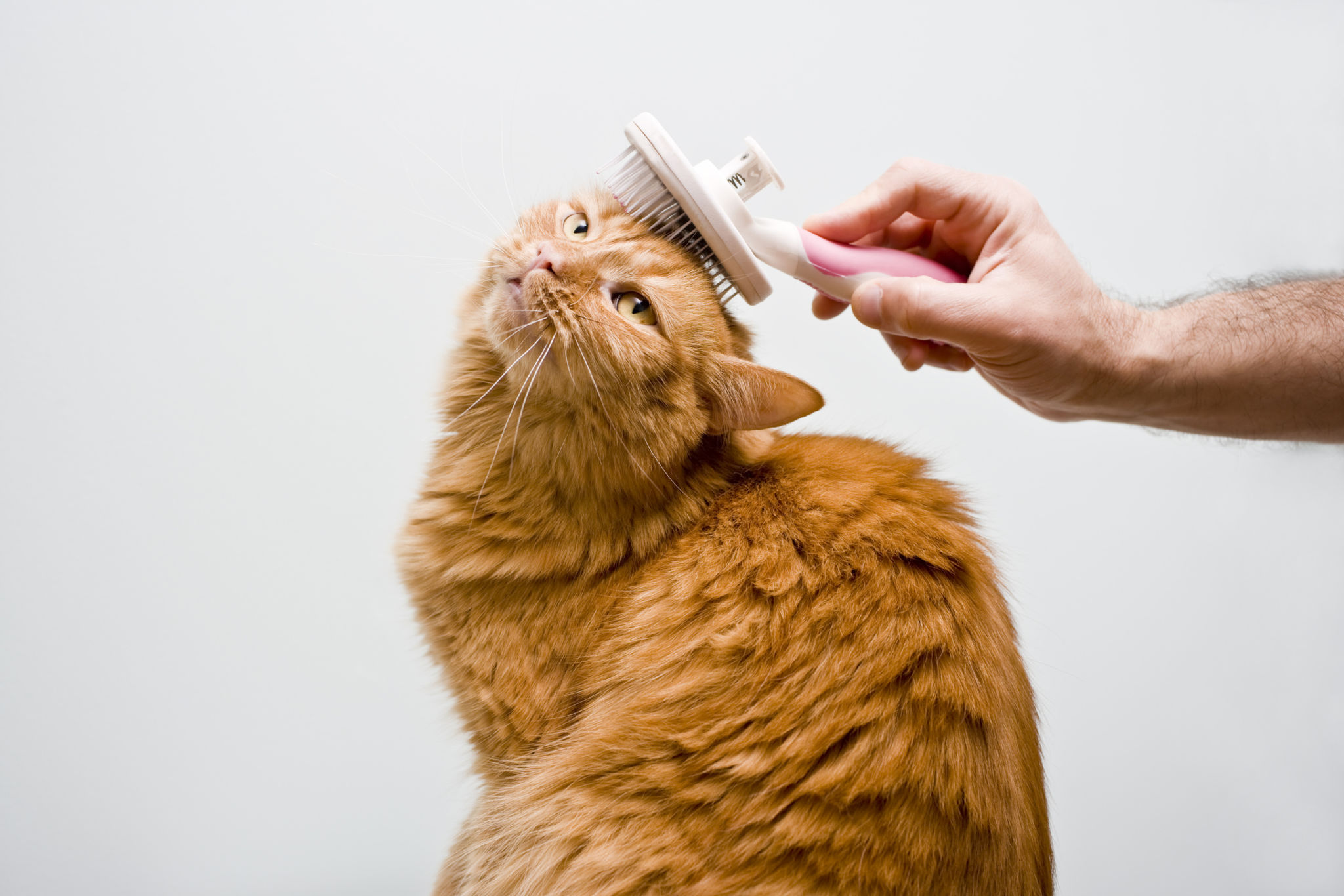Expert Advice: Keeping Your Pet's Coat Healthy Year-Round
Understanding Your Pet's Coat
A pet's coat is not just for aesthetics; it plays a crucial role in their overall health. A shiny, well-groomed coat is often a sign of good health, while a dull, unkempt one may indicate underlying issues. It's essential to understand the unique needs of your pet's coat to keep it healthy year-round.
Different breeds have different coat types, ranging from short and smooth to long and fluffy. Each type requires specific care routines. For example, a long-haired dog might need more frequent brushing to prevent tangles and mats, while a short-haired breed may require less maintenance but still benefit from regular grooming.

Nutrition and Hydration: The Foundation of a Healthy Coat
A balanced diet is fundamental for a healthy coat. Pets need a diet rich in essential fatty acids, vitamins, and minerals to maintain their skin and fur. Foods high in omega-3 and omega-6 fatty acids can significantly improve the shine and texture of your pet's coat.
Hydration is equally important. Ensure your pet has access to fresh water at all times. Dehydration can lead to dry skin and a lackluster coat, so encourage your pet to drink plenty of water, especially during hot weather.
Consulting a Veterinarian for Dietary Advice
If you're unsure about the best diet for your pet's coat health, consulting a veterinarian can be incredibly helpful. They can recommend specific food brands or supplements that cater to your pet's unique needs.

Regular Grooming: More Than Just Brushing
Grooming is not just about brushing your pet's fur; it's an opportunity to check for any signs of skin issues or parasites. Regular grooming sessions help distribute natural oils across the coat, keeping it shiny and healthy.
Use appropriate grooming tools for your pet's coat type. A slicker brush may be ideal for long-haired pets, while a bristle brush could suit short-haired breeds. Don't forget to bathe your pet as needed, using a gentle shampoo formulated for animals.

Signs of Skin Problems
During grooming, keep an eye out for signs of skin problems such as redness, irritation, or unusual lumps. Early detection can prevent more serious health issues down the line. If you notice anything unusual, consult your veterinarian promptly.
Environmental Factors Affecting Coat Health
The environment plays a significant role in the condition of your pet's coat. Extreme weather conditions, such as excessive heat or cold, can impact the health of their skin and fur.
During winter months, indoor heating can lead to dry skin. Consider using a humidifier to maintain moisture levels in your home. In summer, protect your pet from prolonged sun exposure and ensure they have a cool, shaded area to rest.
Allergies and Their Impact
Allergies can also affect your pet's coat health. Common allergens include pollen, dust mites, and certain foods. If you suspect your pet has allergies, consult with a veterinarian for diagnosis and treatment options.

Conclusion: Consistency is Key
Maintaining a healthy coat requires consistent effort and attention. By providing proper nutrition, regular grooming, and environmental care, you can ensure that your pet's coat remains vibrant and healthy throughout the year.
Your pet's coat is a reflection of their overall well-being. With the right care routine, you can keep them looking and feeling their best every season.
